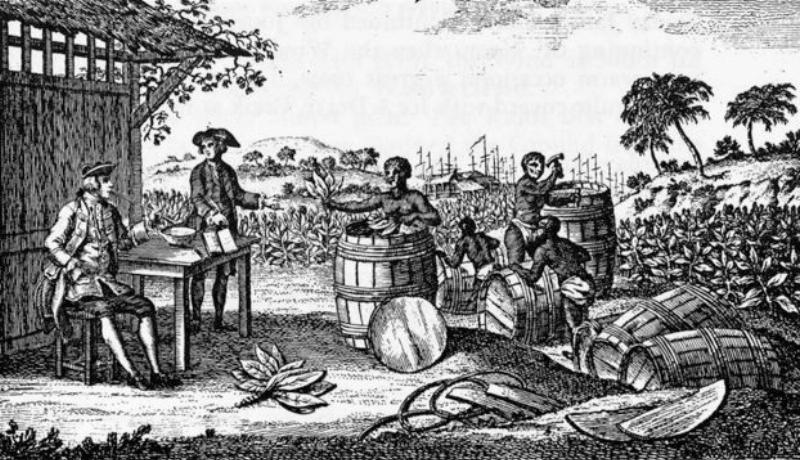There is no question that many slave owners were richer than the general population. And slavery contributed to their wealth but they were also the land owners and that generally translates to more wealth. But per capita, the people of the south were poorer than those in the north and in the years leading up to the Civil War, that income gap was widening.
I am in no way condoning slavery and would never say that was not a component of both the secession itself and the Civil War. But it was not the only component or necessarily the most important one. The North had been treating the south as unloved step children for quite some time and people who feel mistreated and unloved generally choose to disassociate from those who make them feel that way.
The Civil War basically began with the issue of whether the north or south would have control of the military installations in the seceding state with the first shots fired at Ft. Sumter. But Lincoln had no intention of allowing the southern states to leave the union and fully intended to use the military might of the Union to force them to return.
A close and careful look at the empirical record reveals that one cannot infer that America was made richer from slavery. It is even clear that America was ...

www.aier.org


